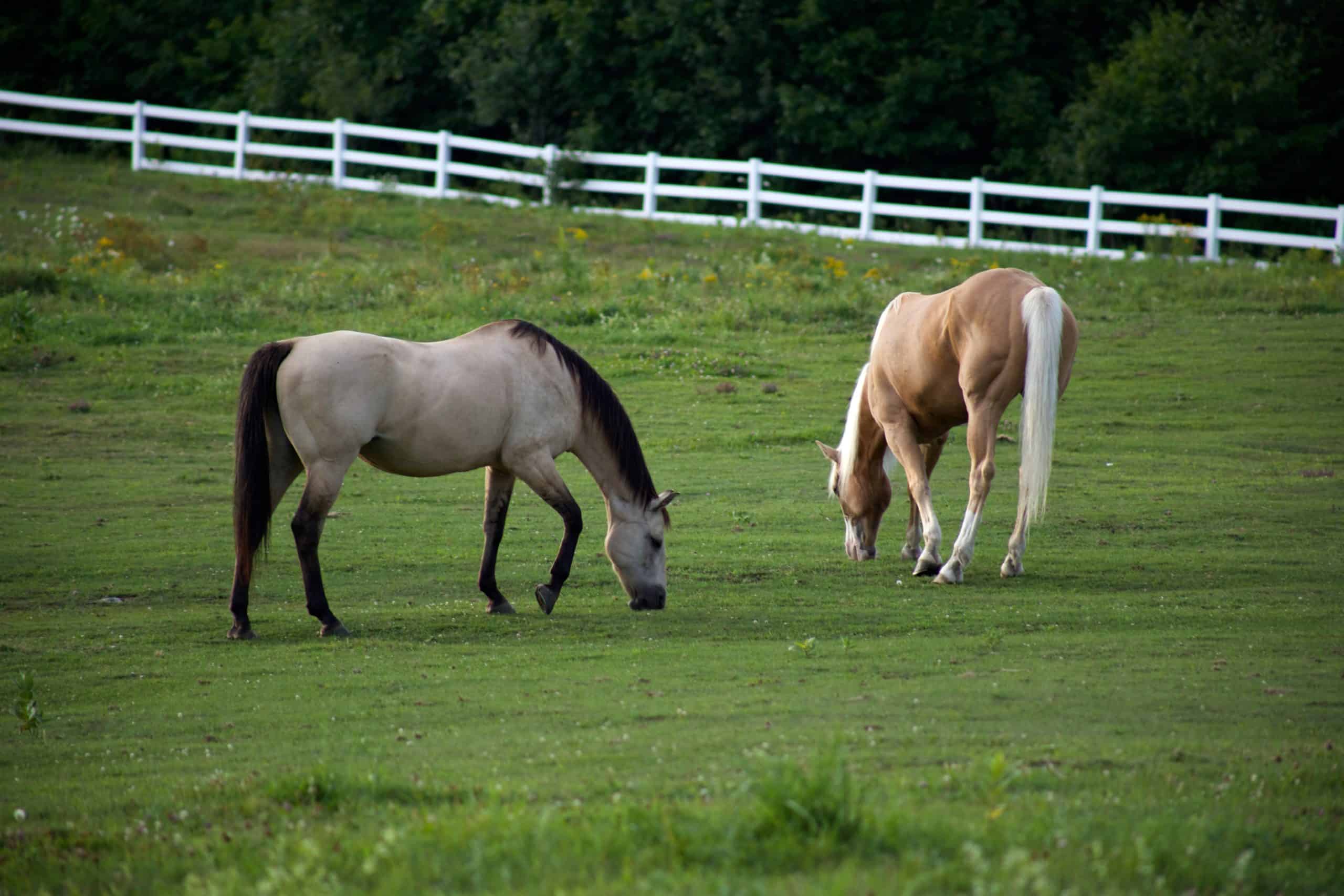Canada-wide flat shipping $9.99 | Free shipping for orders over $100
This is the third instalment of my series on Equine Nutrition. If you’ve missed the previous posts, here they are Vitamin E and Selenium.
As equestrians, we all want the best for our horses and part of that is understanding nutrition. As a horse and barn owner, I’ve always had an interest in digging deeper into recommendations from equine experts.
I examined these three articles to write this abridged article on biotin for horses. When you have a moment, I recommend you read through them, especially the one from Kentucky Equine Research (KER).
Biotin Basics published by Kentucky Equine Research
Biotin: Does it work? By Stacey Oke, DMV, MSc
Should You Feed a Biotin Supplement? By Dr. Nerida Richards
In closing, adding biotin to your horse’s diet can be beneficial for your horse’s hooves; however, evaluating your horse’s nutrition also needs to be done to ensure proper overall nutrition.
